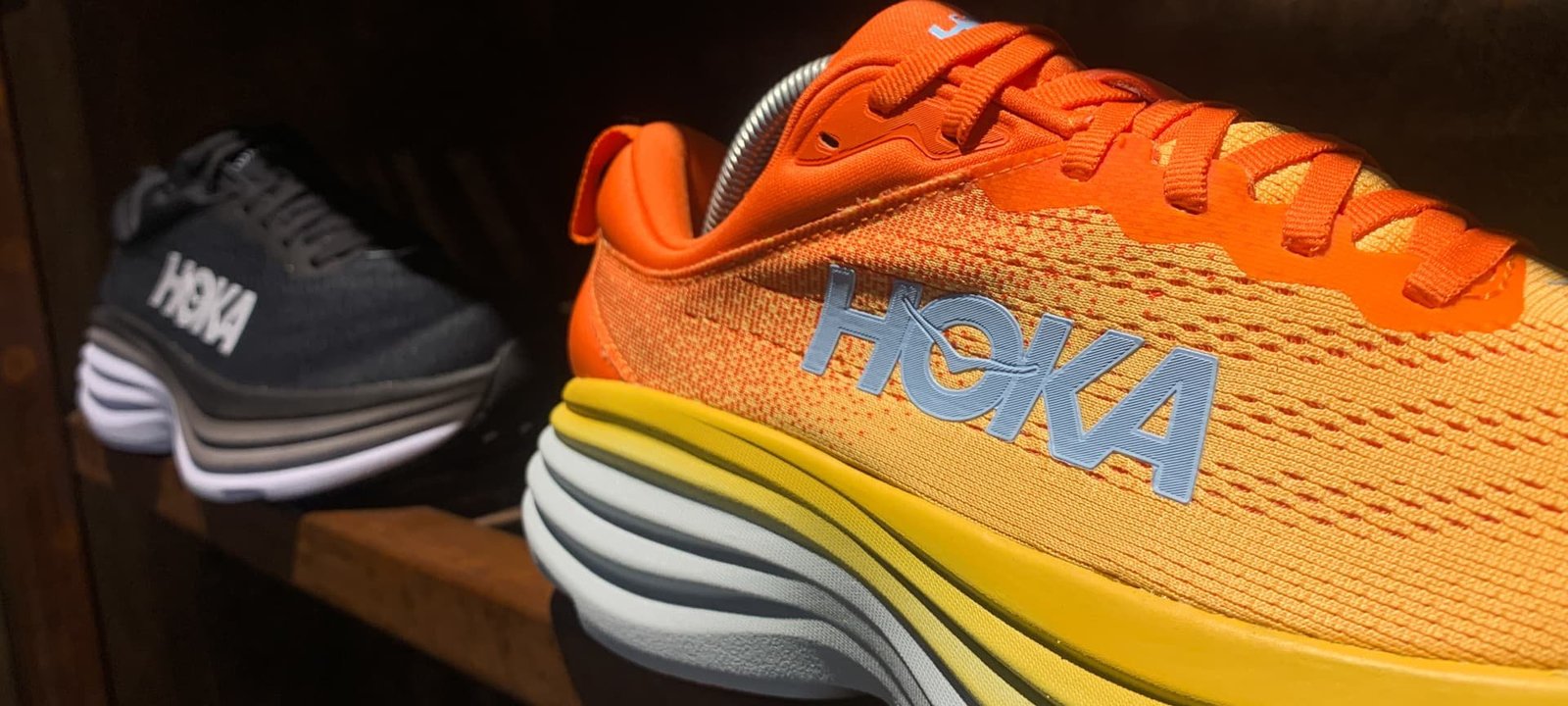Tariff-related costs for the current fiscal year are expected to total roughly $150 million, Deckers told investors. The company plans to recover about half of that amount through selective price increases and cost-sharing agreements with manufacturing partners. For broader context on U.S. Section 301 tariffs affecting many consumer goods, the Office of the United States Trade Representative outlines their scope and schedule.
Beyond brand-specific guidance, Deckers disclosed full-year projections that trailed Wall Street estimates compiled by LSEG. Management now expects fiscal 2026 revenue of approximately $5.35 billion, versus analysts’ consensus of $5.45 billion. Earnings per share are estimated in a range of $6.30 to $6.39, bracketing the $6.32 average forecast.
Chief Executive Officer Dave Powers acknowledged the near-term headwinds but stressed that brand fundamentals remain intact. “We’re confident in the long-term trajectory of our portfolio,” he said on the call, adding that both Hoka and Ugg continue to gain market share in their respective categories despite inflation and tariffs.
Investors reacted sharply to the tempered outlook. The one-day decline pushed Deckers’ year-to-date loss to more than 55%, underscoring market sensitivity to any sign of slowing momentum at the company’s two flagship businesses. Hoka and Ugg together generate the majority of corporate revenue and have offset softness in smaller segments.
The Santa Barbara, California-based firm has used Hoka’s rapid expansion to diversify beyond its legacy cold-weather footwear portfolio. Hoka’s performance category has resonated with runners and casual athletes, helping Deckers secure shelf space at specialty retailers and direct-to-consumer channels. Ugg, known for its sheepskin boots, remains a staple in lifestyle footwear but faces seasonality and fashion-cycle risks.
Management’s strategy to mitigate tariff exposure includes negotiating with factories, adjusting the product mix, and timing inventory flows to optimize duty payments. Fasching indicated that supply-chain teams are working to limit margin erosion, though he cautioned that the consumer environment could remain uneven if broader economic pressures persist.
Analysts tracking the company noted that the downward revision, while modest in percentage terms, raises questions about the durability of double-digit growth at Hoka and the ability of Ugg to sustain brand heat. Deckers did not issue new profitability targets beyond fiscal 2026 but reiterated its focus on disciplined cost control and high-return marketing investments.
For the recently completed fiscal second quarter, Deckers reported results that met or slightly exceeded consensus estimates, but details were not enough to offset concern over the forward trajectory. The company did not provide updated quarterly figures on the call.
Industry observers will monitor holiday sales patterns for additional clues about consumer appetite at higher price points. The company’s next scheduled update is its fiscal third-quarter report, typically released in late January.
Crédito da imagem: Jakub Porzycki | Nurphoto | Getty Images



